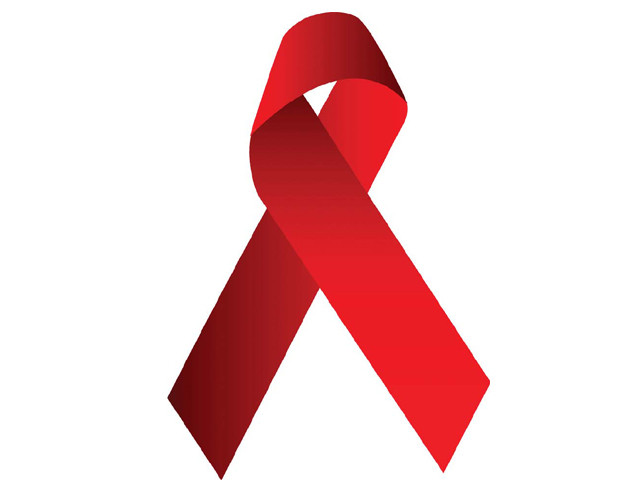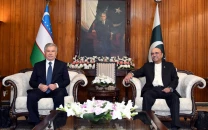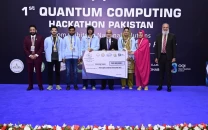HIV/AIDS: More funds, awareness stressed
Seminar on HIV/AIDS urges govt, World Bank to help fund education about the disease.

HIV/AIDS: More funds, awareness stressed
The session was organised by NACP in collaboration with the Red Crescent Society, Plan International and United Nations Education on Monday at a local hotel to launch a campaign which will continue till December 15, 2010. World AIDs Day will be observed around the globe on December 1.
The theme this year is ‘universal access and human rights’.
Dr Sajid Ahmed, manager NACP while addressing the participants said due to the non-release of funds the activities of the programs were affected and remained limited.
“Today Pakistan stands at a crucial point where urgent and definite actions and interventions can make a difference. If any positive steps are to be taken to prevent HIV/AIDs the time to act is now, when there is presently a low prevalence of the HIV & AIDS in the general public,” he said.
Ahmed said that the public understanding of how HIV is prevented and treated still remains mixed, and basic awareness about the disease and its impact is lacking, particularly among women and young people.
Sharing statics he said that according to national HIV estimates, there are approximately 97,400 HIV positive cases in the country out of which 3,983 are registered, 21 per cent are Injecting Drug Users (IDUS), 6.4 percent are transvestite sex workers, 0.9 are male sex workers and 1,800 are under treatment. He said Pakistan is the second largest country in south Asia that stands only a few steps behind India and Nepal in terms of HIV epidemic.
Ahmed further said that recently Pakistan was classified as a low prevalence high risk country but now it is in a ‘concentrated phase’ of epidemic with HIV prevalence of more than five per cent among IDUs in at least eight major cities.
“However the country still has a window of opportunity as current estimates, using various latest prevalence estimation models, indicate that HIV prevalence among the general adult population is still below one per cent,” he added.
He announced that in 2011 a survey will be conducted in the country to collect data on sex workers and to enhance the service delivery packages across the country.
Speaking on the occasion Arshad Khan of UNESCO, said that EDUAIDS should be introduced in the country. Libraries in secondary school should have books about the disease and ways to prevent it. He said that young people are more vulnerable to this disease in urban areas as they are sexually more active. He stressed the need to include HIV/AIDs messages in curriculum.
“Unfortunately in Pakistan no one is there to educate our youth about HIV/AIDs or to do their counseling,” he said.
Khan said in our country parents and teachers are reluctant to talk to youngsters about the physical changes that they undergo while growing up. Due to this, they follow the information they get either form friends or other means which may be misleading.
Khan said that Pakistan is a high risk country and due to low literacy rate, poverty, rapid rural-urban migration, stigma and socio-cultural norms, the disease can spread rapidly.
He said that the government is not following the education policy and not implementing the things mentioned in it.
Speaking on the occasion Dr Shazra Abbas, health officer, UNICEF said in Pakistan there was a way to ensure that an HIV positive pregnant mother does not transmit the disease to her off-spring. However, she said, women are unaware of this.
Published in The Express Tribune, November 30th, 2010.



















COMMENTS
Comments are moderated and generally will be posted if they are on-topic and not abusive.
For more information, please see our Comments FAQ